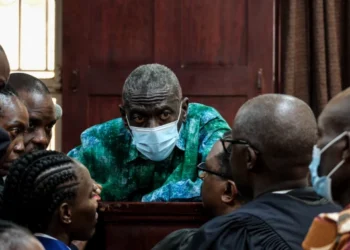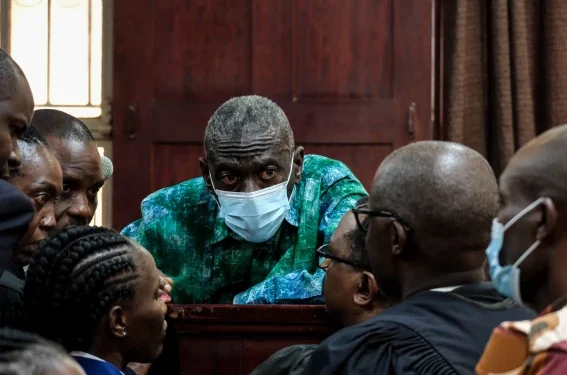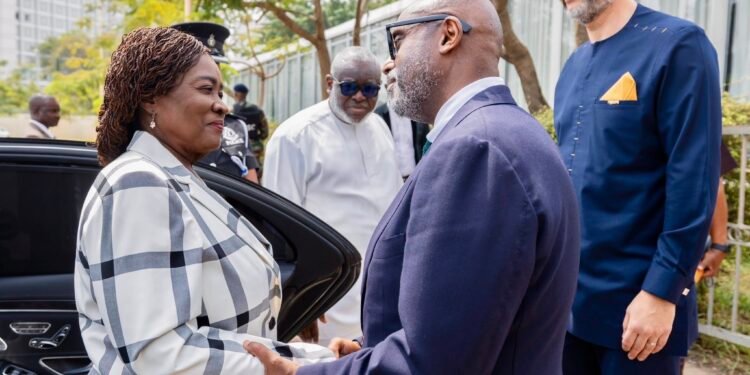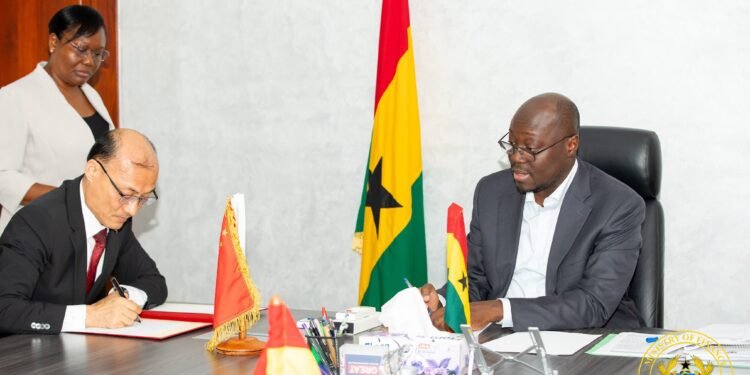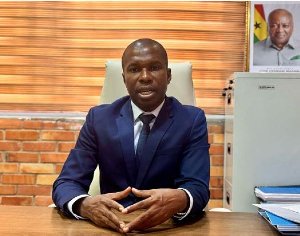Tanzanian authorities have released Ugandan lawyer and human rights advocate Agather Atuhaire after nearly a week in detention under circumstances that have sparked international outrage and renewed scrutiny on political freedoms in the region.
Atuhaire, who was arrested on Monday in Dar es Salaam while attempting to attend a treason hearing for Tanzanian opposition leader Tundu Lissu, was reportedly abandoned by Tanzanian officials at the Ugandan border under suspicious and harrowing conditions.
According to a post by Ugandan rights group Agora Discourse on X, “She was abandoned at the border by Tanzanian authorities.” The group’s co-founder, Spire Ssentongo, confirmed that “Agather is under the care of family and friends.”
Ssentongo added that Atuhaire had signs of physical abuse, stating, “She was dumped at the border at night by the authorities, and there are indications of torture.”
Atuhaire was one of two foreign nationals detained after attempting to show solidarity with Lissu. The other prominent Kenyan activist, Boniface Mwangi, was also allegedly subjected to severe mistreatment.
Mwangi, known across East Africa for his campaigns against corruption and police brutality, was found by local sources on the roadside in northern Tanzania near the Kenyan border. Speaking to reporters after his return to Nairobi, Mwangi described a harrowing experience.
“We were both treated worse than dogs, chained, blindfolded, and underwent a very gruesome torture,” Mwangi said.
In a detailed post on X, he claimed the last time he was held with Atuhaire was on Tuesday and that he could hear her groaning from pain.
“Our (torturers) were acting on orders from a ‘state security’ employee who came to Immigration offices and followed us to Central Police Station and ordered that we should be taken to a secret location to be given a ‘Tanzanian treatment’.”
Boniface Mwangi

Foreign Meddling In Tanzania Dissallowed
Despite mounting concerns and calls for explanation, Tanzanian authorities have remained silent on the arrests of Atuhaire and Mwangi. No official statements have been issued addressing the alleged torture or their abrupt release.
However, Tanzanian President Samia Suluhu Hassan made indirect references earlier this week, warning that foreign activists would not be allowed to meddle in the country’s internal matters. In a stern message to security agencies, she said they should “not allow ill-mannered individuals from other countries to cross the line here.”
The arrests come amid growing tension surrounding the treason trial of opposition leader Tundu Lissu, the man both activists sought to support. Lissu, head of Tanzania’s main opposition party Chadema, was arrested last month and charged with treason following a speech in which he allegedly encouraged citizens to rebel and disrupt the presidential and parliamentary elections scheduled for October.
Authorities argue that such calls for election boycotts amount to inciting rebellion — a serious charge under Tanzanian law.
Chadema has since been disqualified from the upcoming elections after refusing to sign the government-mandated electoral code of conduct. The move has further stoked fears of an orchestrated clampdown on political opposition.
President Hassan, who succeeded John Magufuli in 2021 following his sudden death, initially garnered praise for vowing to reverse his administration’s hardline policies. But the recent wave of arrests, abductions, and targeted violence against political rivals has led critics to question her commitment to democratic reform.
While she has previously stated the government is “committed to respecting human rights,” and even called for an investigation into a series of abductions last year, her critics argue that such statements are increasingly at odds with actions on the ground.
The case involving Atuhaire and Mwangi has now cast an even wider spotlight on Tanzania’s political climate, especially as the country prepares for a pivotal election season.
READ ALSO: Chamber of Mines Warns Harmful Tax Policy Could Derail Exploration




